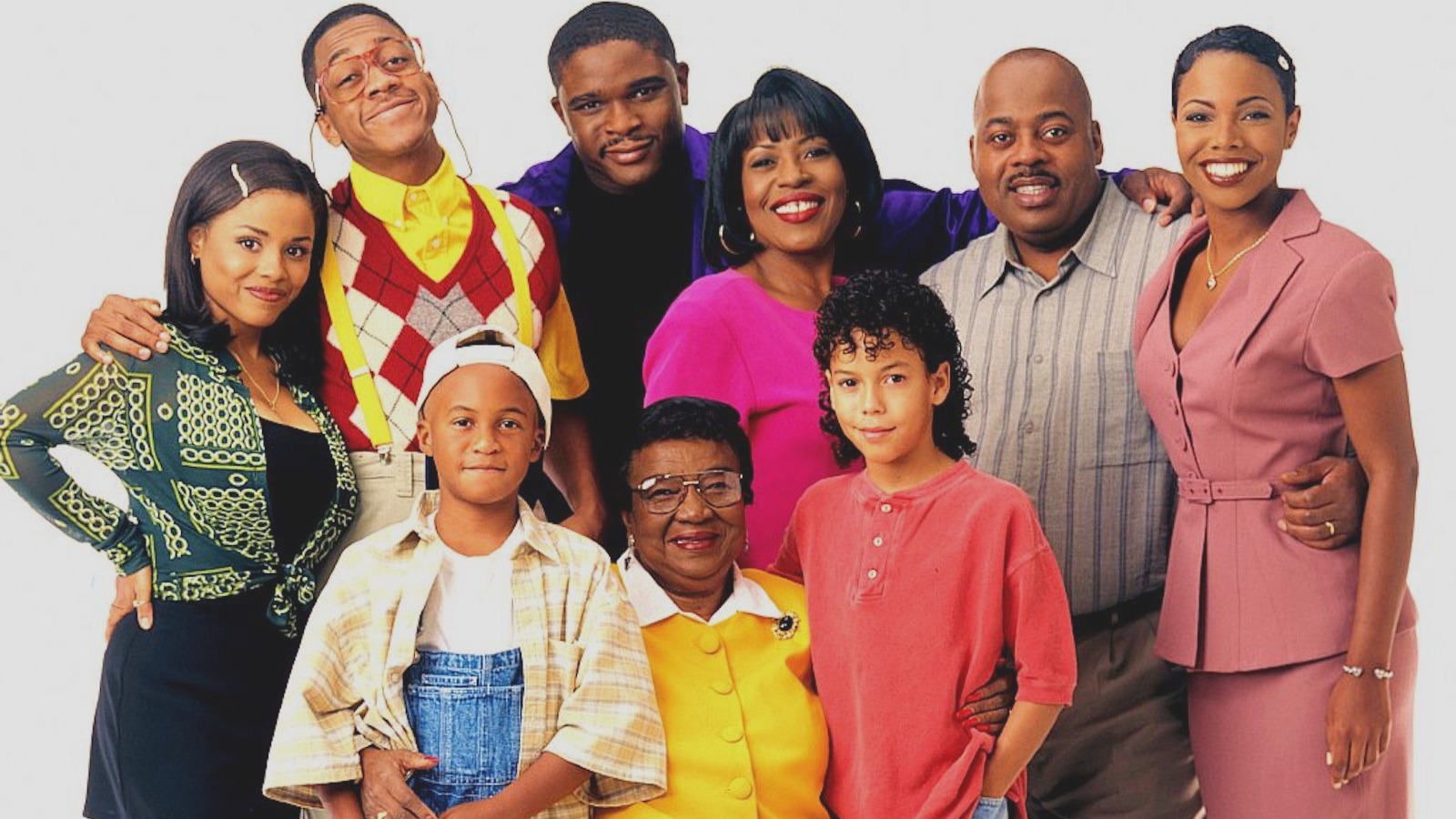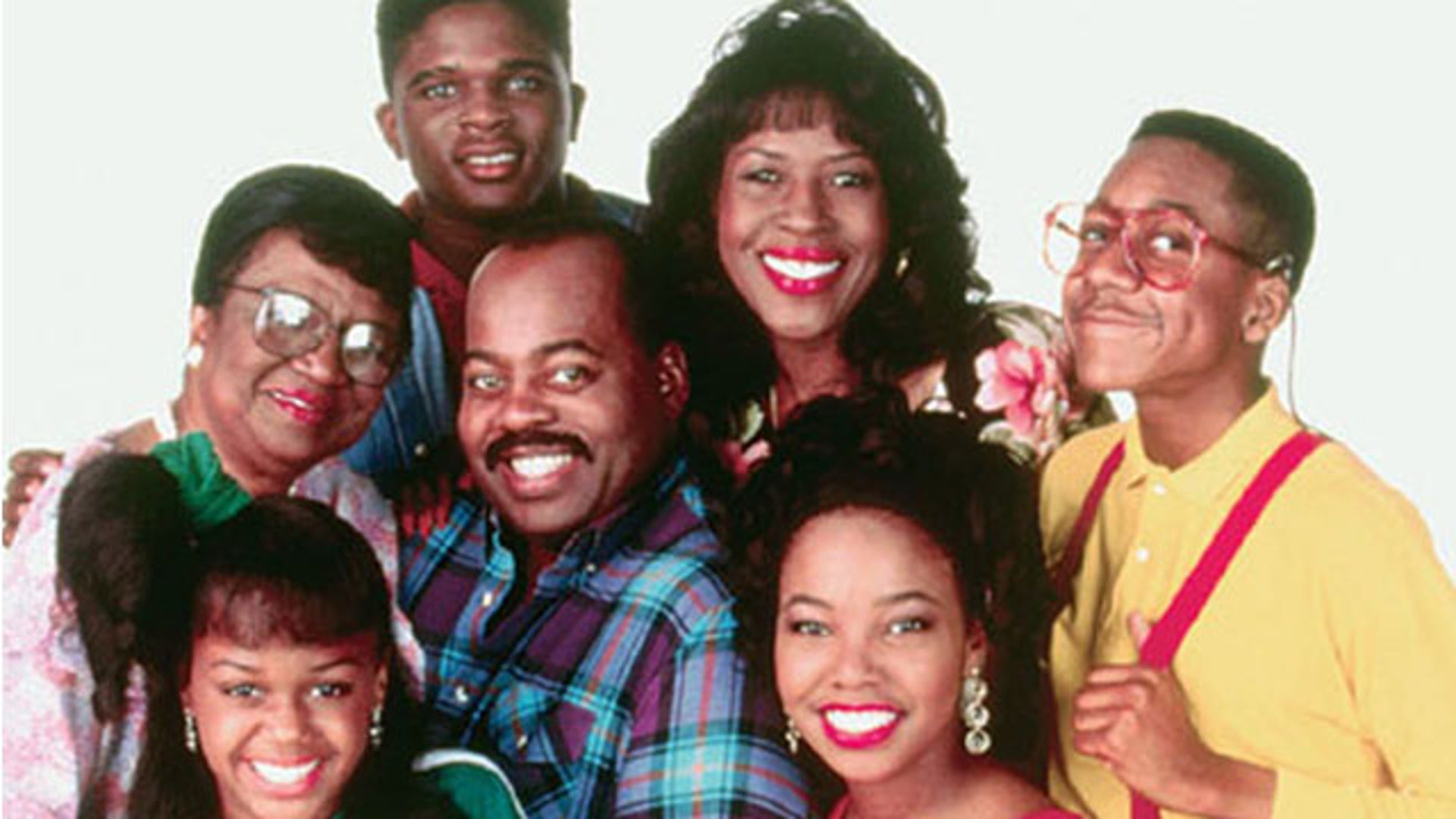Died Family Matters Cast - A Look at Passing On
The news of someone passing on, especially someone we have come to know through our screens, can feel like a very personal loss, can't it? It is a feeling that resonates deeply, particularly when we think about a group of people who brought us so much joy, like the cast from a favorite television show. We connect with these individuals, watching them grow and change, and so, too it's almost, when we hear about someone ceasing to live, it can stir up many thoughts about life's fragile nature.
When we talk about someone having "died," we are speaking of a simple, yet profound, concept: the end of their physical journey, you know? It means they have moved from being alive to a state where life's spark is no longer present. This idea, while simple in its definition, carries so much weight in our hearts and minds, especially when it concerns people who have been a part of our shared cultural experience, like a cherished group of actors.
This article will gently explore what it means when someone has passed from this life, drawing from common ways we talk about such moments. We will consider the words we use, the feelings that come with loss, and how these ideas relate to the impact felt when someone connected to a beloved series, like the "Family Matters" cast, is no longer with us, as a matter of fact.
- Elbow Hurts After Throwing Football
- Wrestling Humble
- What Are Panda Eyes In Hollywood
- Womens Block Heels
- Movie Cowboy Up
Table of Contents
- Understanding What It Means When Someone Has Passed On
- How Do We Talk About Someone Who Died - Family Matters Cast and Beyond?
- The Difference Between 'Dead,' 'Die,' and 'Died'
- What Happens When a Beloved Figure Has Died - Family Matters Cast and Our Feelings?
- The Broader Sense of 'Dying Out'
- When Does a Brain Cease to Function - Died Family Matters Cast and the Science?
- How Do We Express Strong Emotions When Someone Has Died - Family Matters Cast and Our Shared Grief?
Understanding What It Means When Someone Has Passed On
When we say someone has "died," we are really talking about them passing from physical life, you know? It is the point where a living being stops being alive. This can feel like a very big thing to think about, and it is, because it marks a complete change for that individual. It is not just a pause or a sleep; it is a final stopping of all the things that keep a body going, so.
This passing on involves the stopping of all the body's workings that keep a living creature alive. Every part of the system that makes us breathe, think, and move comes to a complete halt, pretty much. It is an unchangeable event, a moment where the body can no longer sustain itself, and this is a universal truth for every living thing, as a matter of fact.
It is a part of life's pattern, a natural end that every living thing will experience at some point. From the smallest creature to the biggest, and every person too, this cessation of life is something that will happen. It is not something we can avoid, a natural closing chapter for all of us, naturally.
- 120 Lb
- Does Baskin Robbins Give Free Ice Cream On The 31st
- Julia Rose Luxury
- A Calamity Of Souls David Baldacci
- Is 1000 Ways To Die Real Events
How Do We Talk About Someone Who Died - Family Matters Cast and Beyond?
When someone has passed, we have many ways to express that sad news, don't we? We might say they "perished," especially in a sudden or tragic event, or that they "fell" or "succumbed" if they were fighting something like an illness. These words, in a way, try to capture the gravity of the situation, the finality of it all.
Sometimes, we use softer words, too, like saying someone "departed" or "expired," which can feel a little less harsh. And then there is "went" or "disappeared," which, while simple, still convey the idea of absence. These different ways of speaking show how we try to cope with and describe something so very final, you know?
On the other hand, we also have words that describe the opposite of this ending. We talk about people who "lived," who "breathed," who "came to" life, or who "revived" after a difficult time. We remember them as they "lingered" or "existed," as they "were" here with us. These words remind us of the life that was, giving us a way to hold onto memories even as we acknowledge the passing, you know?
The Difference Between 'Dead,' 'Die,' and 'Died'
It can be a little confusing sometimes, figuring out the right word to use when talking about life ending. Let's look at "dead," "die," and "died." When we use "dead," we are usually describing something that no longer has life. It is like an adjective, telling us about the state of something that once was alive but now shows no signs of life, sort of.
"Die," on the other hand, is a verb, and it talks about the action or the process of life ending. It is what happens in the moment someone is ceasing to live. You might say, "My dog will die someday," which points to a future event or a general truth about living things, pretty much.
Then there is "died," which is the past tense of "die." This word tells us that the process of life ending has already happened, that it is complete. So, if we say, "My father died suddenly," it means that event took place at a previous time and is now a completed fact. This is the word we most often use when sharing the news of someone's passing, you know?
What Happens When a Beloved Figure Has Died - Family Matters Cast and Our Feelings?
When someone who is known to many people passes on, like a public figure, it can feel quite impactful, can't it? We saw this when Ananda Lewis, a former MTV VJ who helped connect a whole generation of music fans to their favorite famous people, passed away. The news was shared, and it brought a sense of loss to many who remembered her work, naturally.
There is also a very human feeling, a bit of a fear, that many people carry about their own passing. It is a deep-seated worry about what that moment means, about the unknown that comes with it. This feeling is a part of being human, a recognition of life's limits, basically.
Sometimes, we also talk about how someone passed, whether it was a natural passing or a more sudden, violent one. For example, someone might pass away peacefully at home, surrounded by the people they care about. This is a very different image from someone who might pass in a more unexpected or tragic way. Both are endings, but the circumstances shape how we think about them, you know?
The Broader Sense of 'Dying Out'
The idea of "dying" is not just for living things; it can also describe when something stops existing completely, can't it? Think about how theories, like the one explaining why dinosaurs stopped existing, or customs that faded away with new ways of doing things, are said to have "died out." It means they are no longer a part of our present reality, so.
This broader meaning helps us understand that "dying" can apply to ideas, practices, or even the popularity of certain things. Just like a television show's era might "die out" as new programs come along, or a particular style of storytelling might cease to be popular. It is a way of saying something has reached its end, its final point of existence, pretty much.
It shows that the concept of an ending is not limited to living creatures. It is a way we describe anything that comes to a complete halt, that no longer has a place in the current moment. This includes old ways of doing things that are replaced by newer methods, or even ideas that simply fade from our collective thoughts, you know?
When Does a Brain Cease to Function - Died Family Matters Cast and the Science?
For creatures that have a brain, the stopping of life can also be looked at as the point where the brain stops working completely, you know? This is a very important part of how we understand when life has ended, especially for humans. It is about the complete and irreversible stopping of the brain's activity, that.
Some people think of life in terms of being aware, or having consciousness. So, if that awareness stops, then a creature could be said to have passed on. However, this way of looking at it has some things that make it not quite perfect, because there are many living things that do not have a brain in the way humans do, but they are still alive, so.
So, while the brain's stopping is a key part of understanding death for many creatures, it is not the only way to define it for all living things. The core idea remains: the complete and unchangeable stopping of what makes a living thing alive. This is a very complex topic, really.
How Do We Express Strong Emotions When Someone Has Died - Family Matters Cast and Our Shared Grief?
We often use the word "die" in a way that is not literal, to really show how we feel about a situation, don't we? Like saying, "I almost died" if something was incredibly shocking or embarrassing. Or, "I'd die if anything happened" to someone we care about, to show how much we would be upset. These are ways we use the word to put emphasis on our very strong feelings, you know?
This shows how deeply the idea of life ending is tied to our feelings. When we hear about someone passing on, especially someone we admired or felt a connection to, like an actor from a show we grew up with, it can feel like a very big emotional moment. It is a shared feeling, a sense of collective sadness, you know?
It is a way we connect with each other, through these shared experiences of loss and the feelings they bring. Whether it is a personal loss or the passing of a public figure, the emotions can be very real and powerful. We use words, both literal and figurative, to try and make sense of these moments and to express the depth of our human connection, basically.


:max_bytes(150000):strip_icc():focal(359x419:361x421)/ABC-TGIF-Family-Matters-Kellie-Shanygne-Williams-2023-0ec503f29263491e893a854564a8365c.jpg)
Detail Author:
- Name : Dr. Durward Lebsack Jr.
- Username : ara52
- Email : cummings.margaret@hauck.com
- Birthdate : 1979-03-30
- Address : 358 Pollich Orchard Mayerburgh, WV 58388-6966
- Phone : 262-624-4418
- Company : Gibson, Prosacco and Ledner
- Job : Hand Sewer
- Bio : Commodi qui eaque laborum. Velit nihil ut voluptatum voluptates enim officiis unde qui. Quae aut iure voluptas quis autem.
Socials
linkedin:
- url : https://linkedin.com/in/margie8241
- username : margie8241
- bio : Ipsam voluptas a id nisi rerum facere ut dolor.
- followers : 3822
- following : 1279
instagram:
- url : https://instagram.com/mrowe
- username : mrowe
- bio : Et provident illo alias. Consequatur deleniti et doloremque quis eum temporibus et.
- followers : 386
- following : 2873
tiktok:
- url : https://tiktok.com/@margie.rowe
- username : margie.rowe
- bio : Unde reiciendis dolores quibusdam nam tempore saepe totam officia.
- followers : 2039
- following : 1253